
Nov 12 , 2022
By Million F. Wondmagegnehu
The world of voluntarism - or the act of benevolence - is a unique form of a social network with an advantage to a community. It allows volunteers to form strong bonds and social networks. Small acts of kindness make a real difference. Dedicating time to volunteer work helps to expand network, boost social skills, learn from others and make new friends. It is also unpaid labour to conduct community services or support a nonprofit organisation, an activity undertaken of free will to benefit a community.
Ethiopia has a socially networked people. Living in harmony and cooperation under the social umbrella is not new. The traditional gatherings such as Idir, Equb and traditional conflict resolution methods result from the principle of volunteerism.
Volunteerism has a multitude of contributions to socioeconomic and political development if guided by a robust legal framework. A report by the United Nations on human development highlighted that globally one billion people are estimated to volunteer, actively making contributions worth 2.4pc of the global GDP. Figures reported by institutions working in the area could be taken as witnesses to the economy of Ethiopia. Some activities broadcasted through the media showed individuals from the private sector engaged in voluntary services to help the needy.
It is not unusual to observe international volunteers, such as medical professionals, providing patient services here. Likewise, university students are engaged in various areas during summers, such as tutoring and building houses for the elderly. High school students helping the traffic system in the capital is a common view. All these reveal the paramount role in easing the economic burden. Hence, volunteerism is one of the mechanisms to respond to the adverse influence of inflation on the economy.
Even though there is a conducive environment to promote the economic contributions of volunteerism, the areas of limitations have to be considered. The volunteerism management system has been characterised by the need to cultivate opportunities, and there should be support and retention of volunteers. Nevertheless, formal volunteer services have been forgotten for years in this country, and there has not been an autonomous institution with legal personality to undertake the responsibilities. Observing separate institutions working on the program is not deniable.
The absence of a policy that guides volunteerism undermines its enormous contributions. Formulating a legal framework with timely monitoring and evaluation calls for an immediate response. There should be an index to measure the contributions of a volunteer. Political commitment by the leadership towards the volunteerism management system will realise the significant economic contributions to the community.
Policymakers should consider integrating the service with corporate social responsibility to achieve the best result. It also needs to allocate an adequate budget as volunteerism is a "no-cost" service. Most importantly, recognising the volunteers uplifts morale, inspires others, and guarantees its sustainability.
PUBLISHED ON
Nov 12,2022 [ VOL
23 , NO
1176]


Viewpoints | Dec 14,2019

Featured | Dec 21,2019
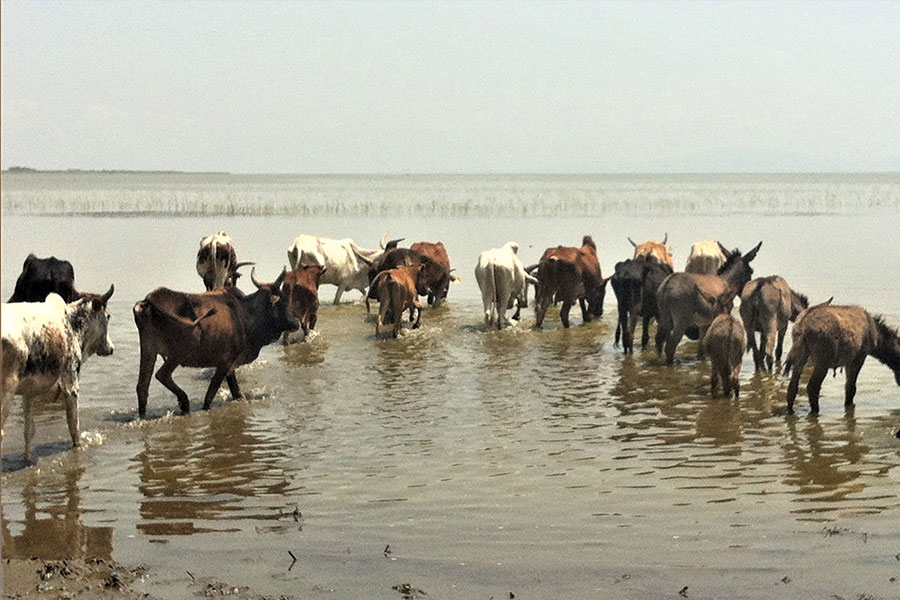
Fortune News | May 31,2025
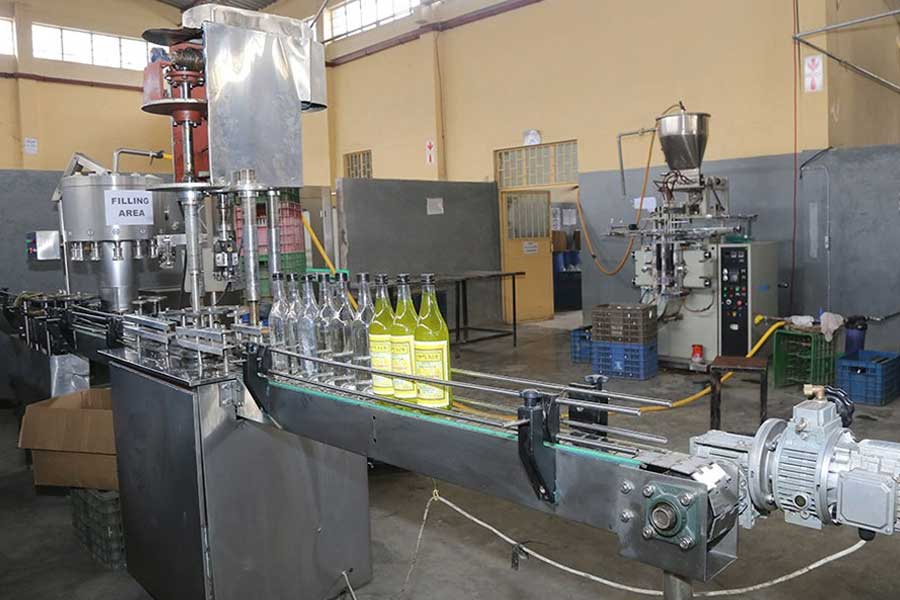
Fortune News | Feb 26,2022

Viewpoints | Nov 04,2023
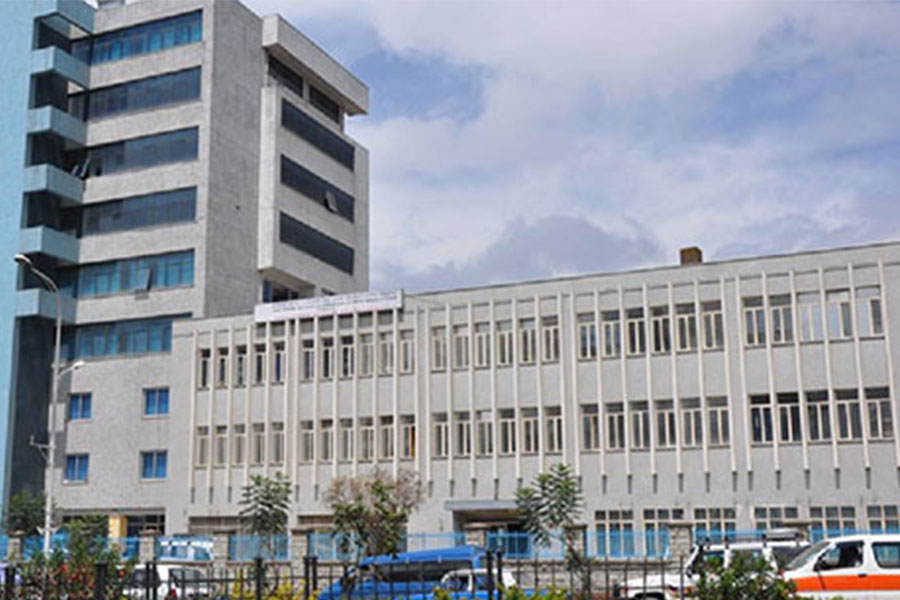
Fortune News | Dec 10,2018

View From Arada | Apr 06,2024
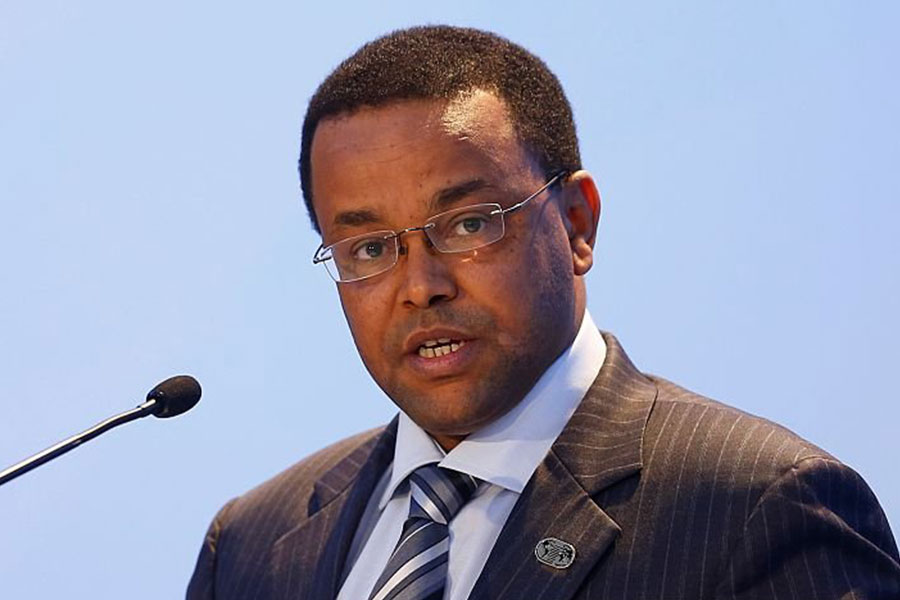
Fortune News | Jun 18,2022
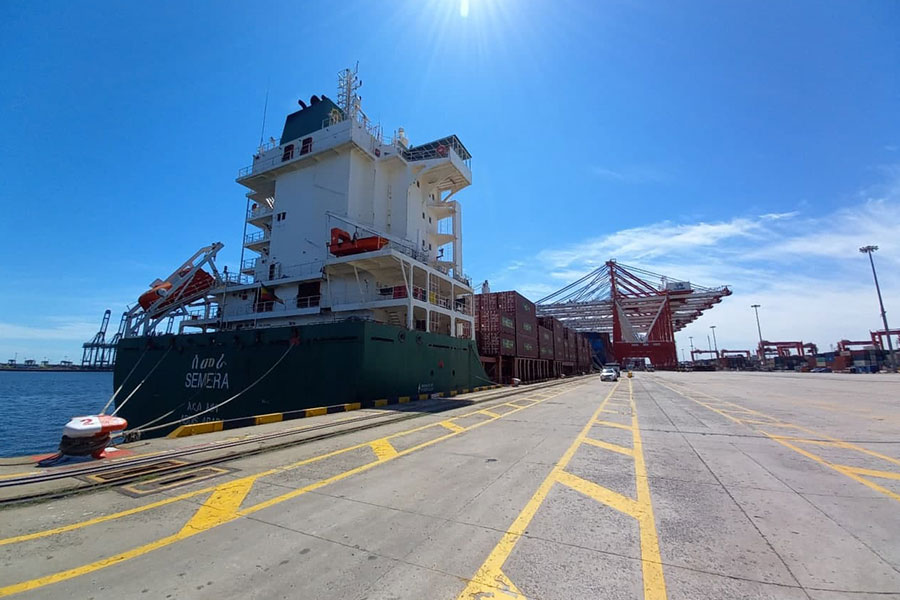
Agenda | Oct 23,2021

Radar | Mar 30,2019

My Opinion | 131656 Views | Aug 14,2021

My Opinion | 128020 Views | Aug 21,2021

My Opinion | 125983 Views | Sep 10,2021

My Opinion | 123607 Views | Aug 07,2021

Dec 22 , 2024 . By TIZITA SHEWAFERAW
Charged with transforming colossal state-owned enterprises into modern and competitiv...

Aug 18 , 2024 . By AKSAH ITALO
Although predictable Yonas Zerihun's job in the ride-hailing service is not immune to...

Jul 28 , 2024 . By TIZITA SHEWAFERAW
Unhabitual, perhaps too many, Samuel Gebreyohannes, 38, used to occasionally enjoy a couple of beers at breakfast. However, he recently swit...

Jul 13 , 2024 . By AKSAH ITALO
Investors who rely on tractors, trucks, and field vehicles for commuting, transporting commodities, and f...

Jun 28 , 2025
Meseret Damtie, the assertive auditor general, has never been shy about naming names...

Jun 21 , 2025
A well-worn adage says, “Budget is not destiny, but it is direction.” Examining t...

Jun 14 , 2025
Yet again, the Horn of Africa is bracing for trouble. A region already frayed by wars...

Jun 7 , 2025
Few promises shine brighter in Addis Abeba than the pledge of a roof for every family...

Jun 29 , 2025
Addis Abeba's first rains have coincided with a sweeping rise in private school tuition, prompting the city's education...

Jun 29 , 2025 . By BEZAWIT HULUAGER
Central Bank Governor Mamo Mihretu claimed a bold reconfiguration of monetary policy...

Jun 29 , 2025 . By BEZAWIT HULUAGER
The federal government is betting on a sweeping overhaul of the driver licensing regi...

Jun 29 , 2025 . By NAHOM AYELE
Gadaa Bank has listed 1.2 million shares on the Ethiopian Securities Exchange (ESX),...